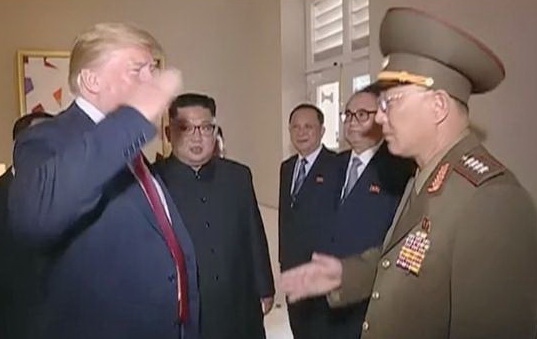The Father of Defectors
Kim Yong-hwa, 64, fled North Korea in 1988, and later formed the North Korean Refugees Human Rights Association of Korea in Seoul to look after those who continue to arrive and face difficulties settling in.
He begins: “I joined the Korean People’s Army in 1970 but left to work on a railroad safety project a decade later. In 1988, there was an accident and I was [accused] of not being loyal to the state. If I had stayed, I would’ve been shot in public just like the four others who were also blamed for the accident.
“So I fled to China and then Vietnam, Laos, and finally South Korea, spending months and months in detention along my journey.
“I don’t know where my family is. I heard through others that they were killed after I fled. I was not able to speak to them after I fled North Korea.
“[Once settled in South Korea] in 2005, I founded the North Korean Refugees Human Rights Association of Korea. Our group sends money, clothes and medicine to defectors who are having a difficult time. There are a lot of young women in China who are sold in the sex industry or as wives. Men are also treated as slaves and they’ll be forced to work on farms but won’t be given any money.
“I’ve help save almost 6,000 defectors so far and the media calls me the ‘Father of Defectors’. But the job isn’t done yet.
[Al Jazeera]

